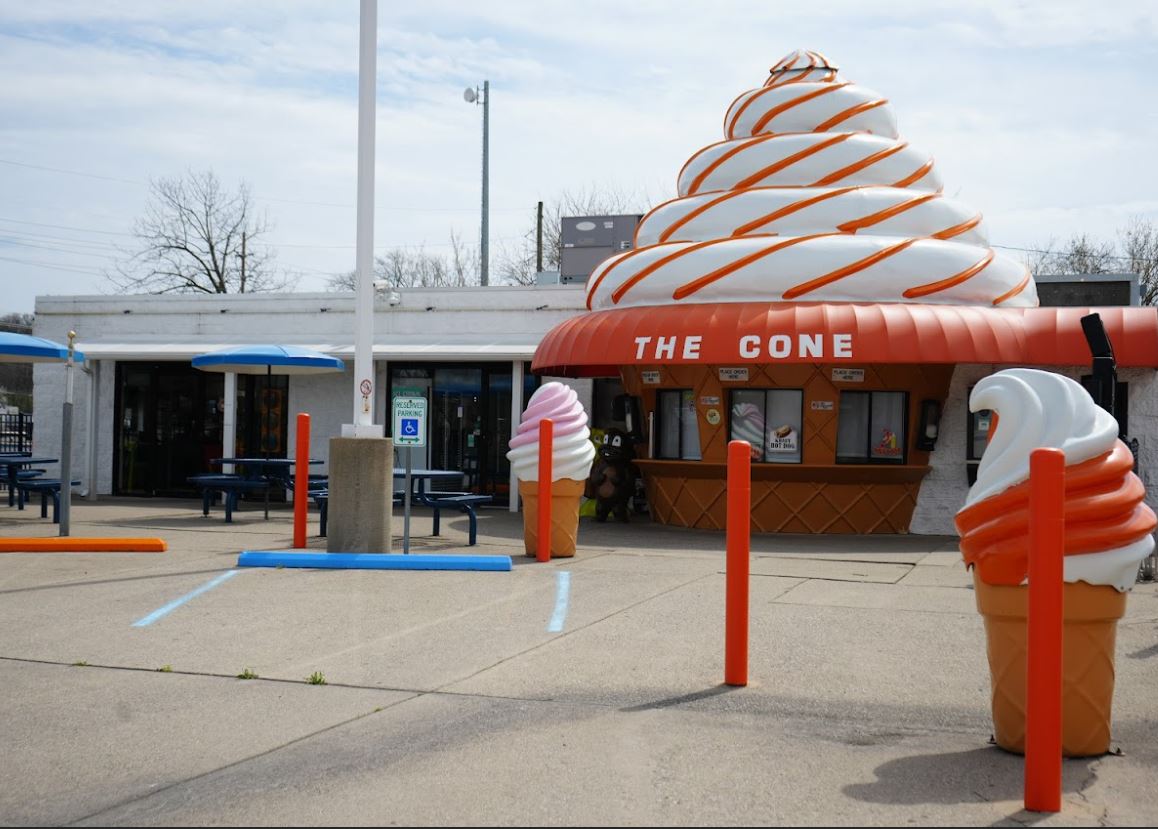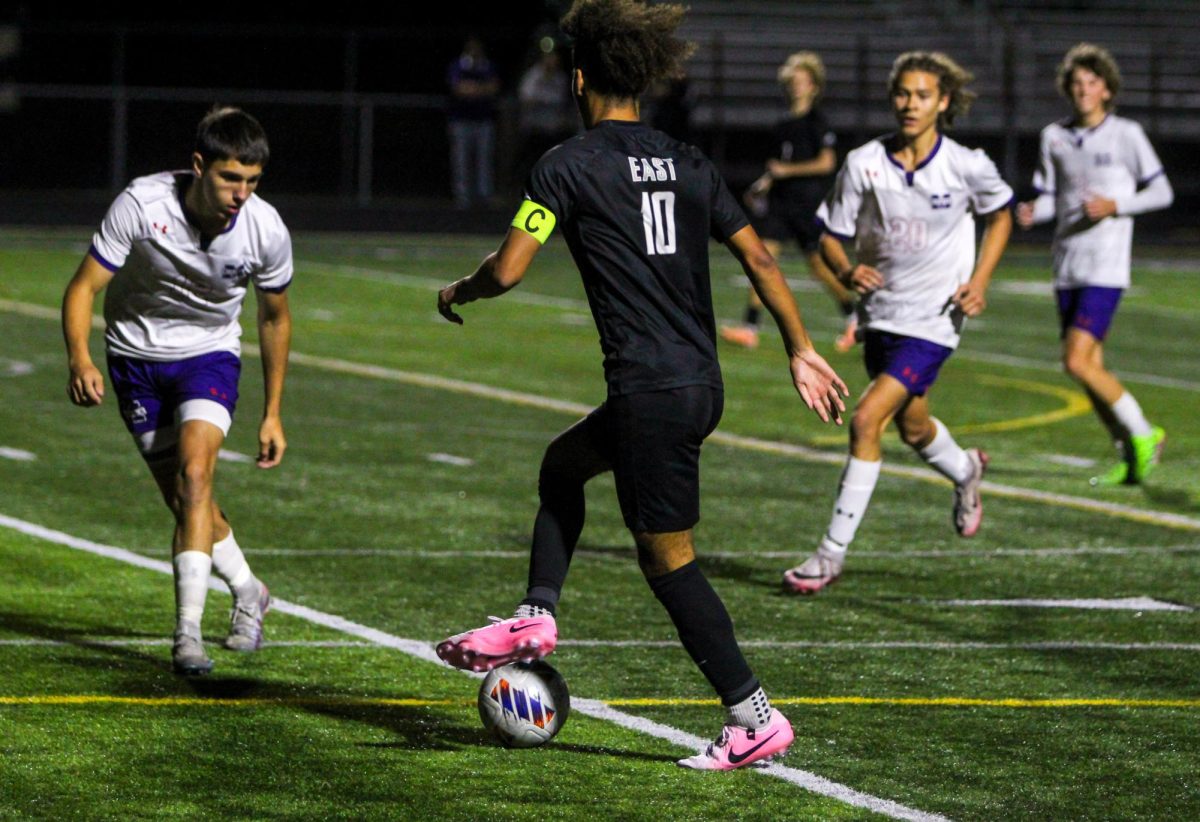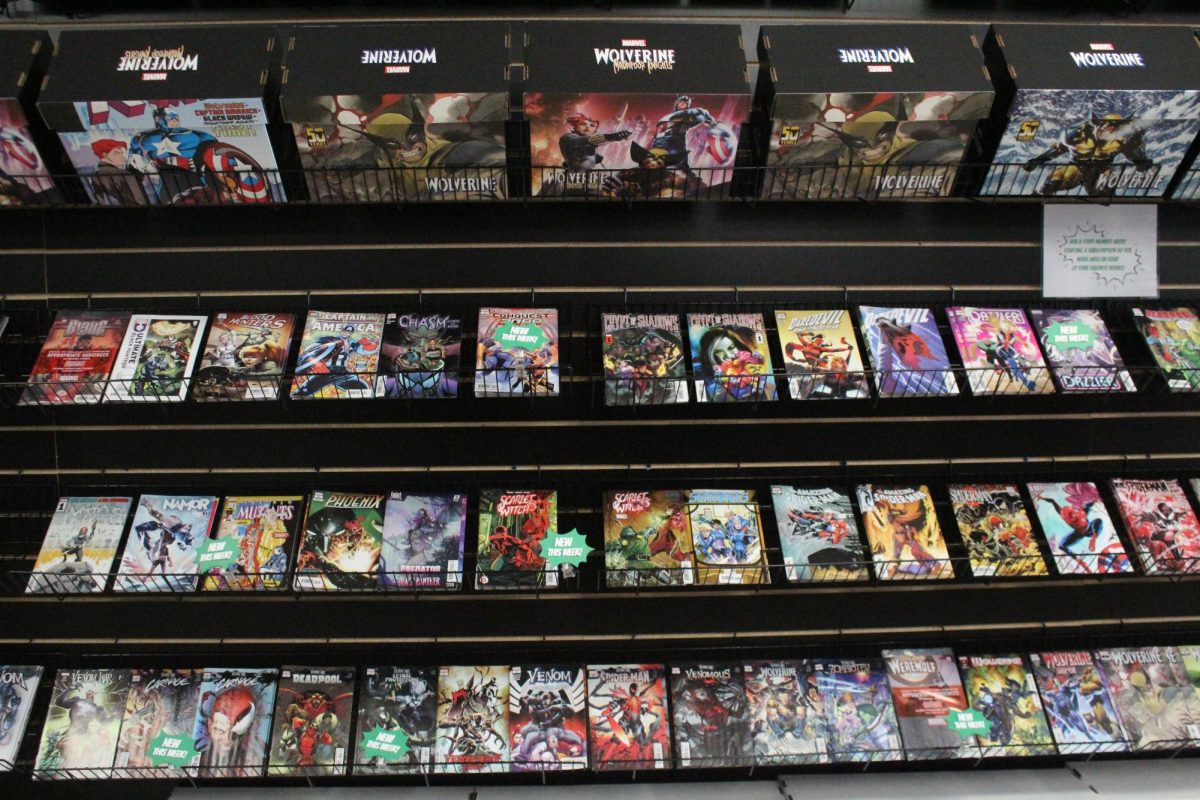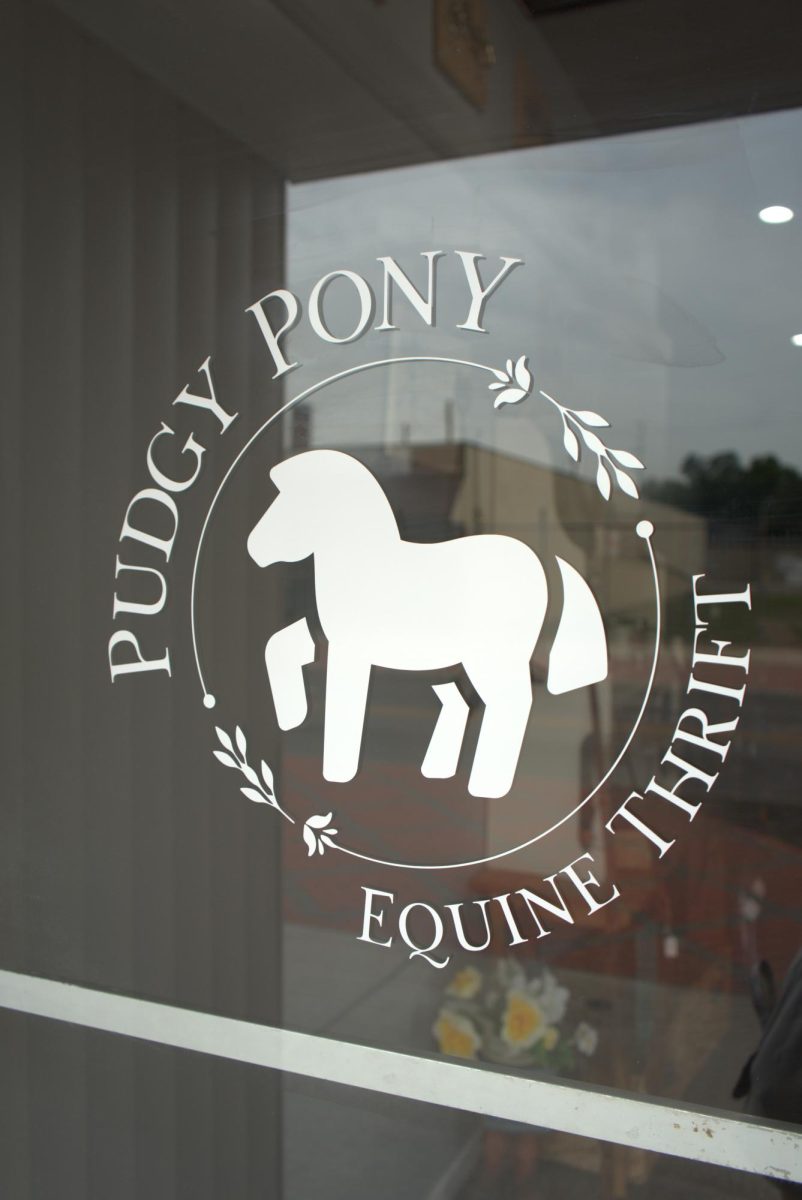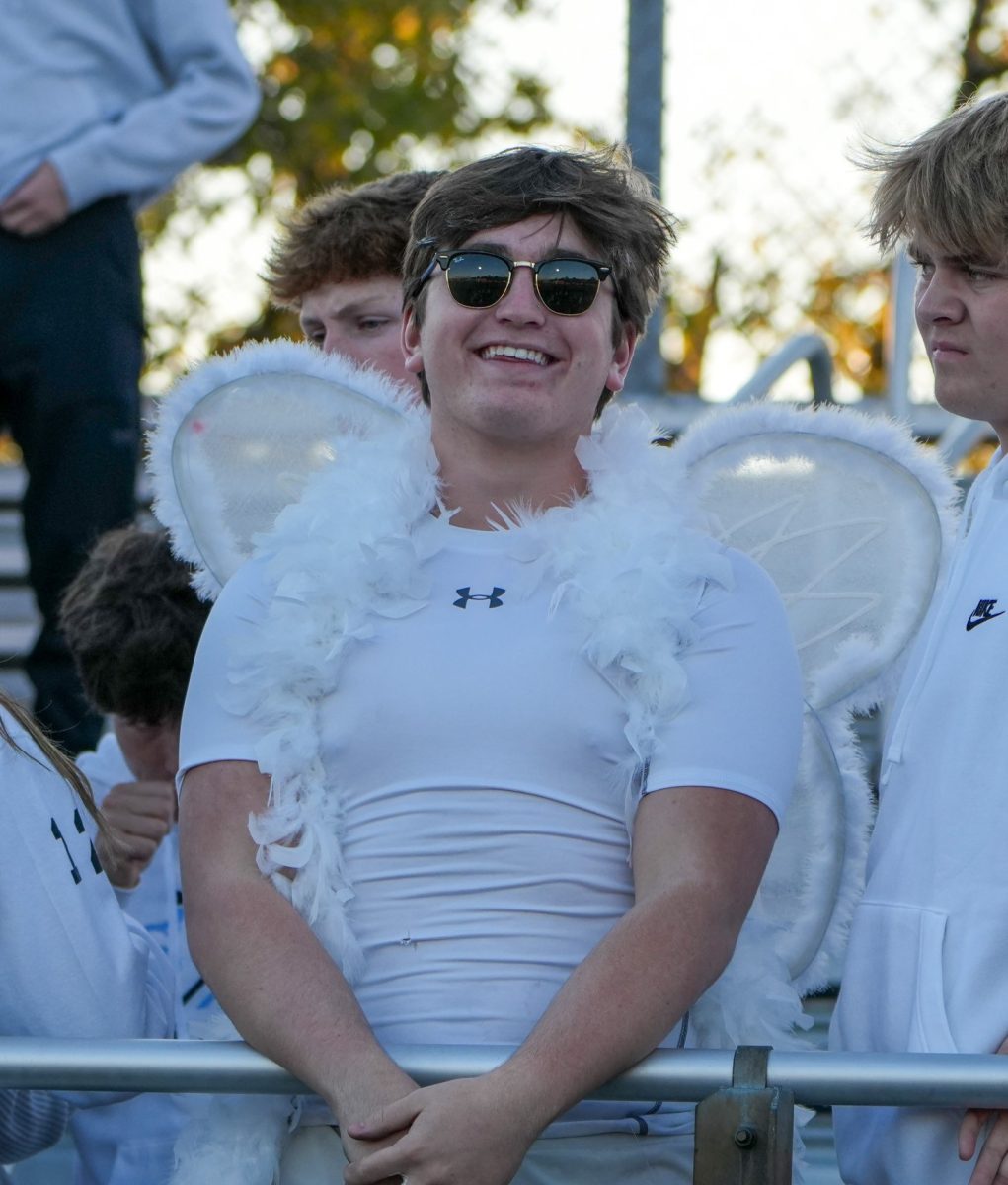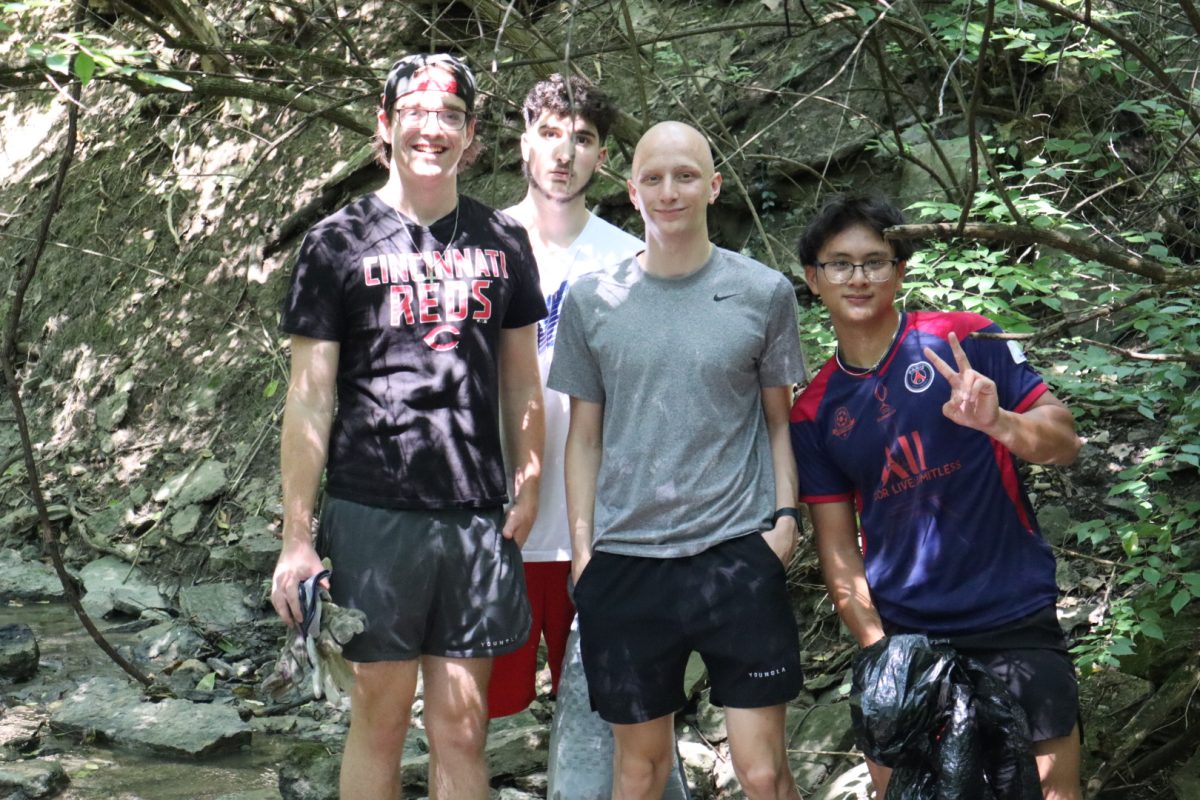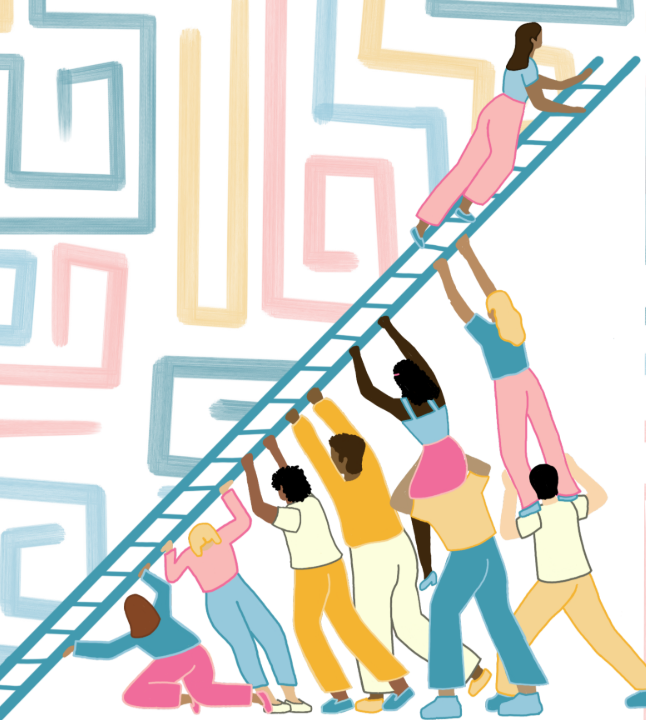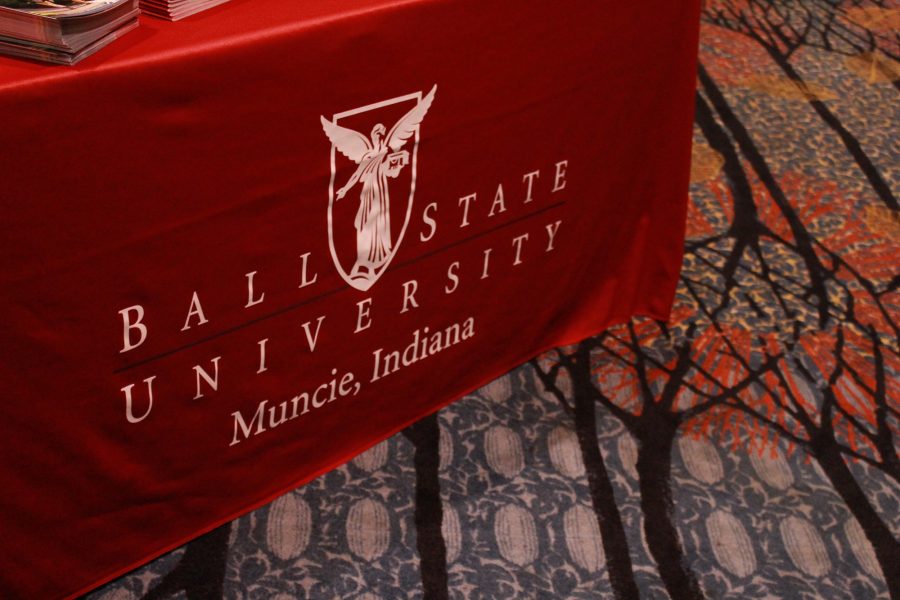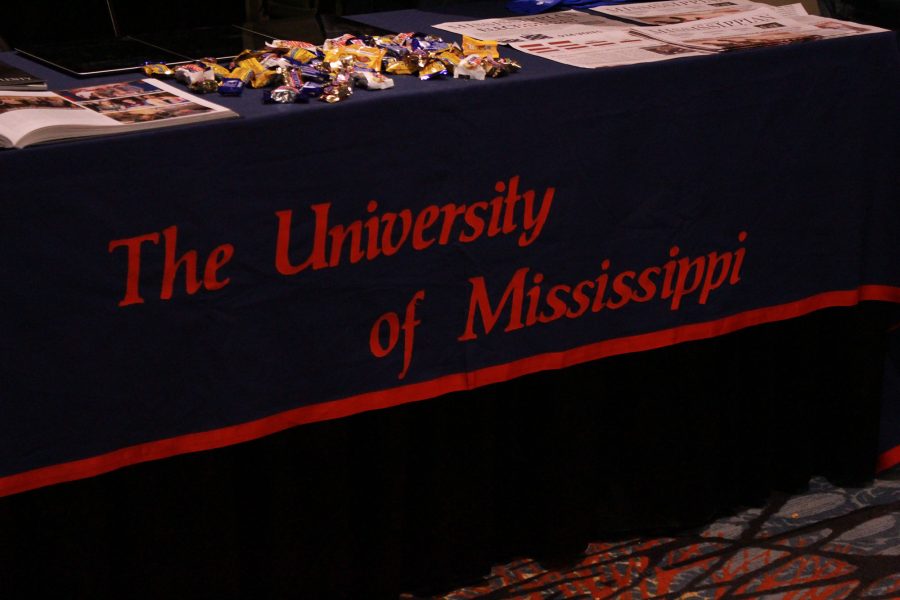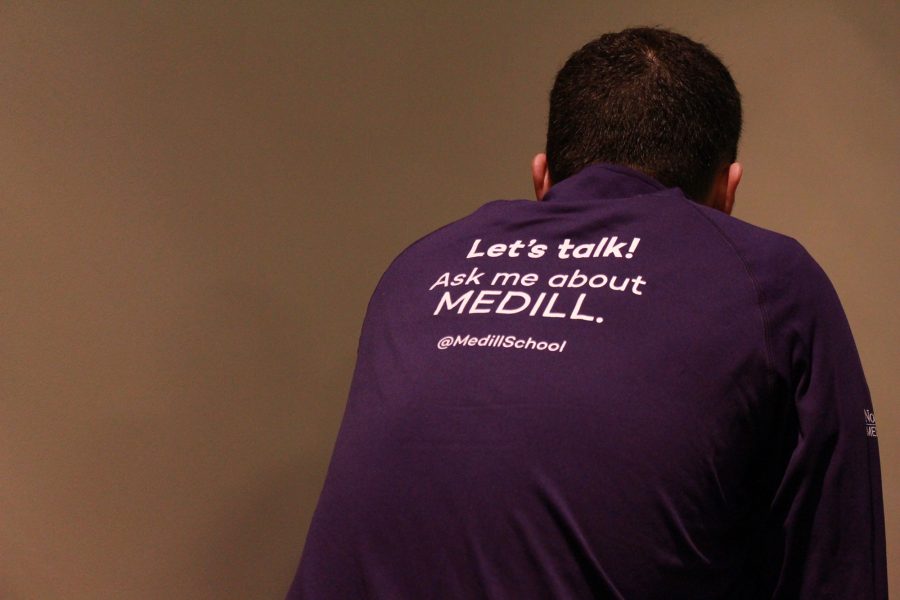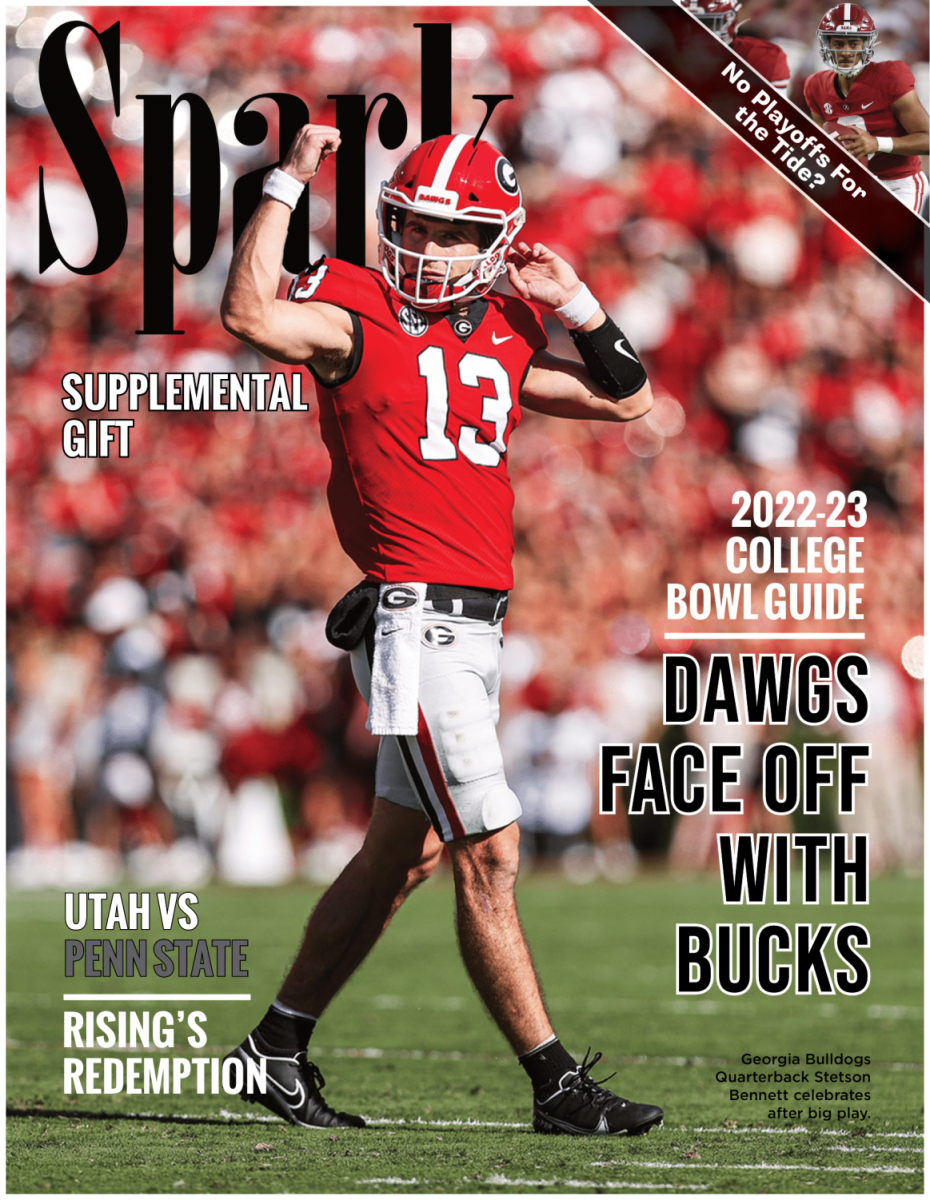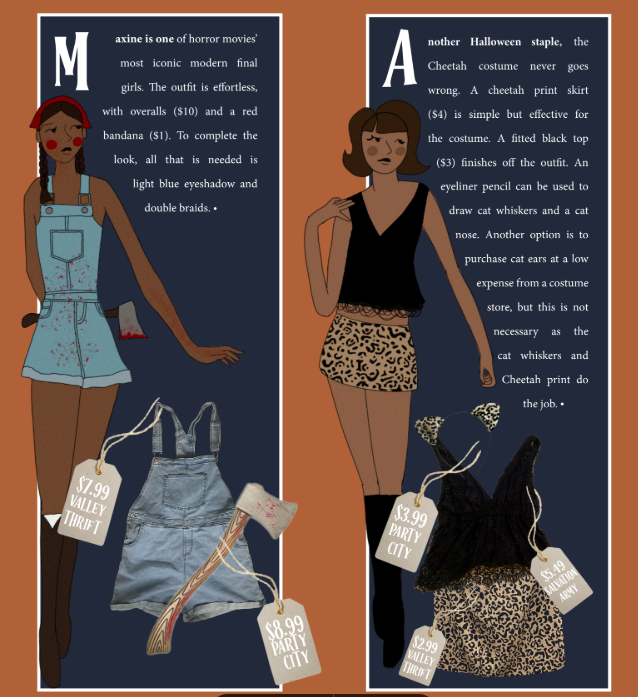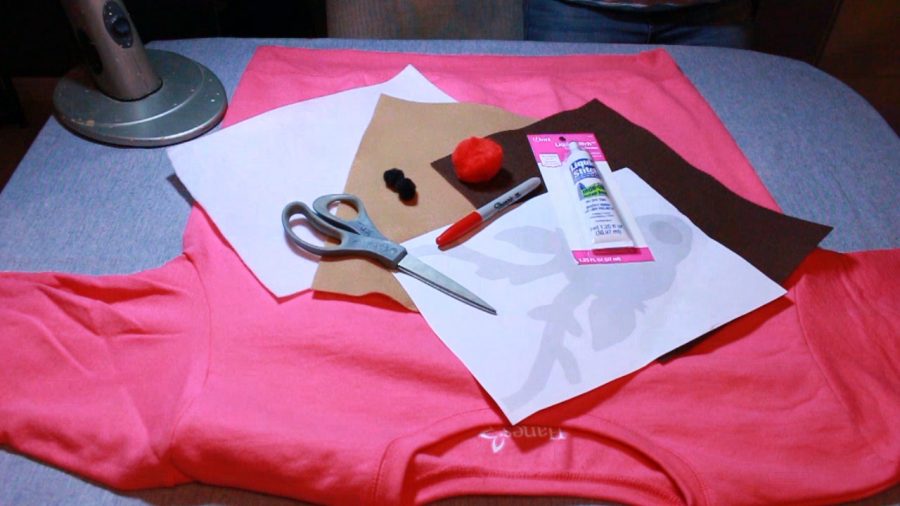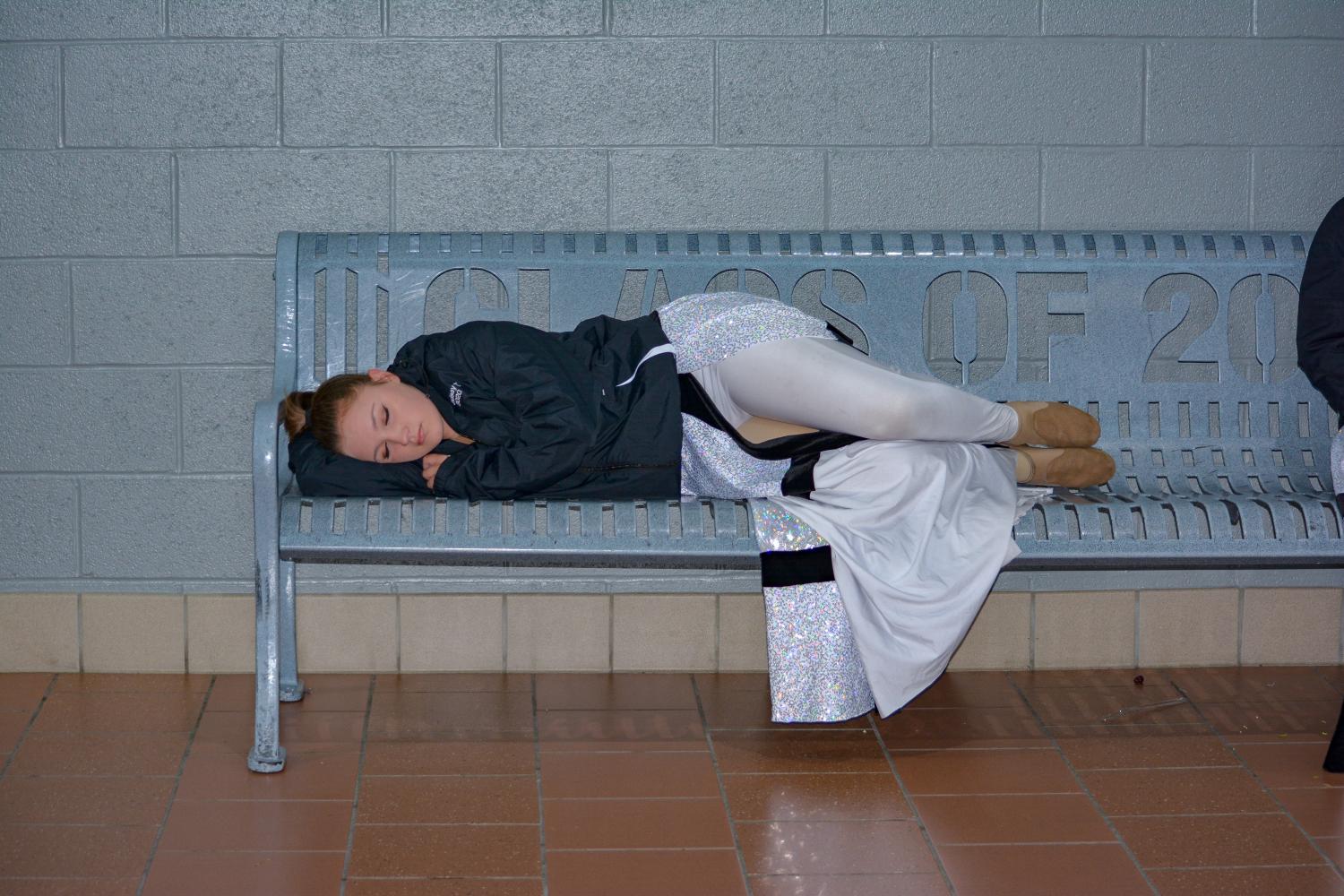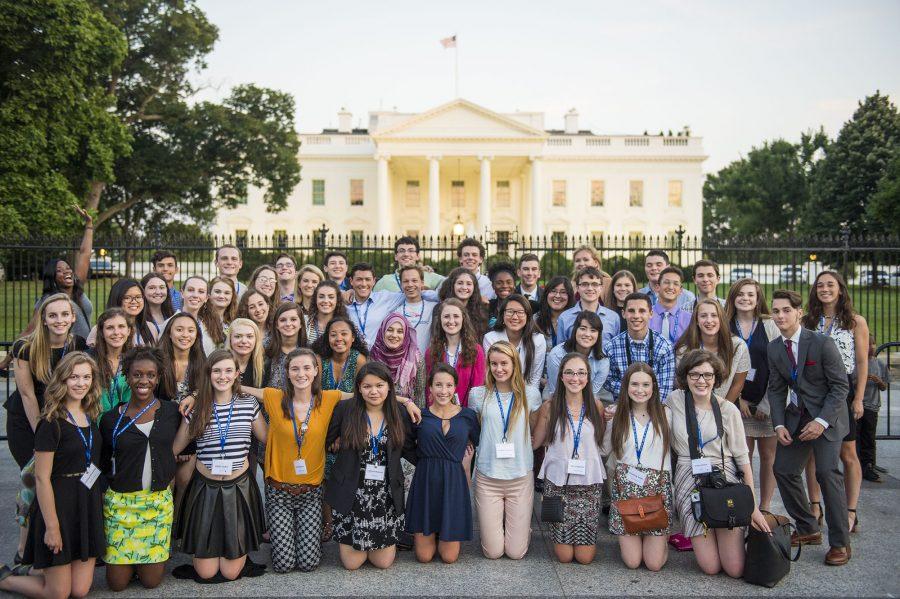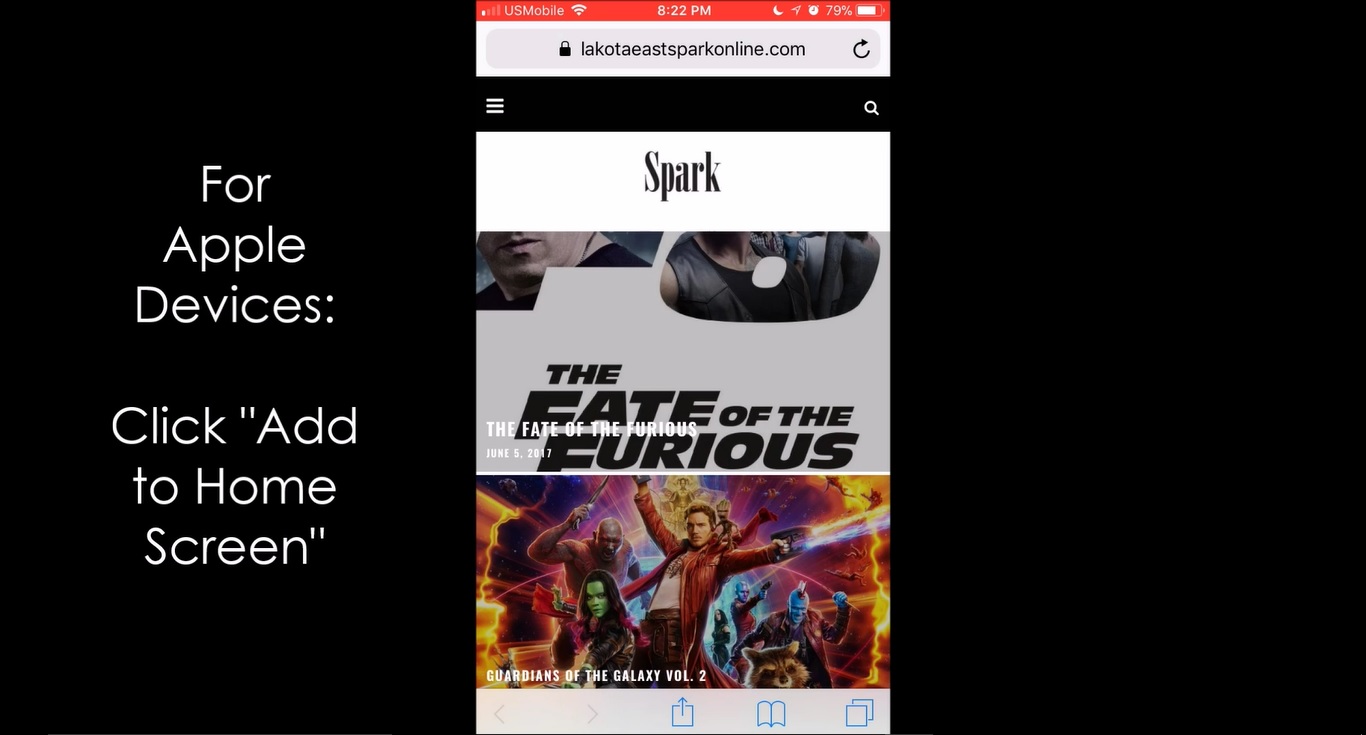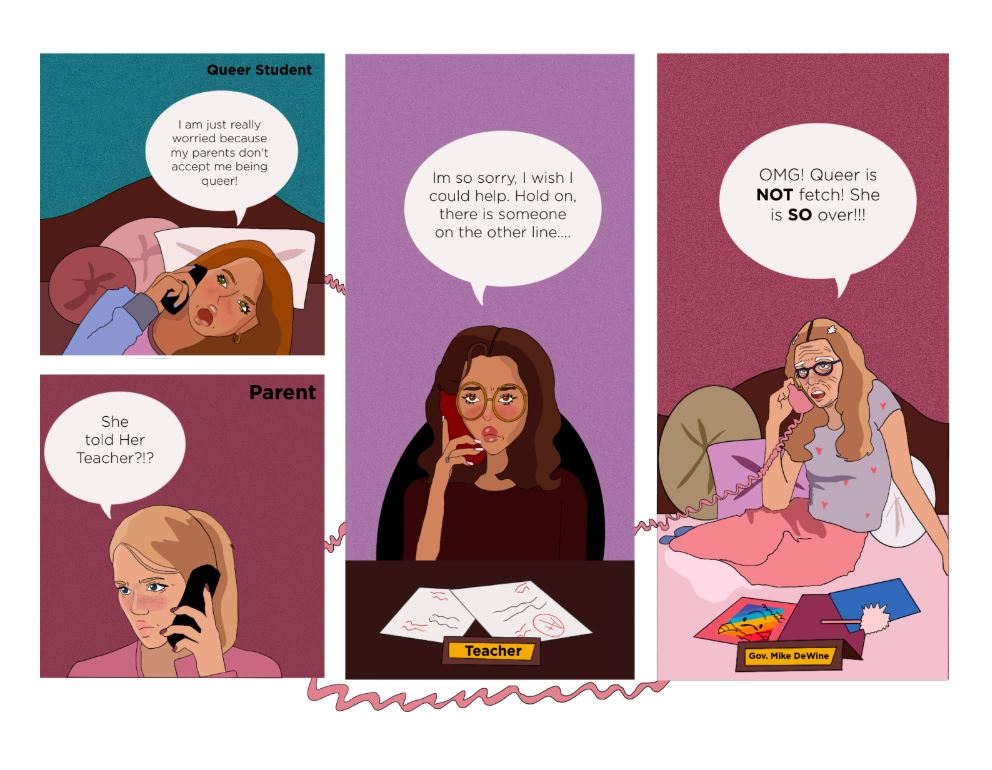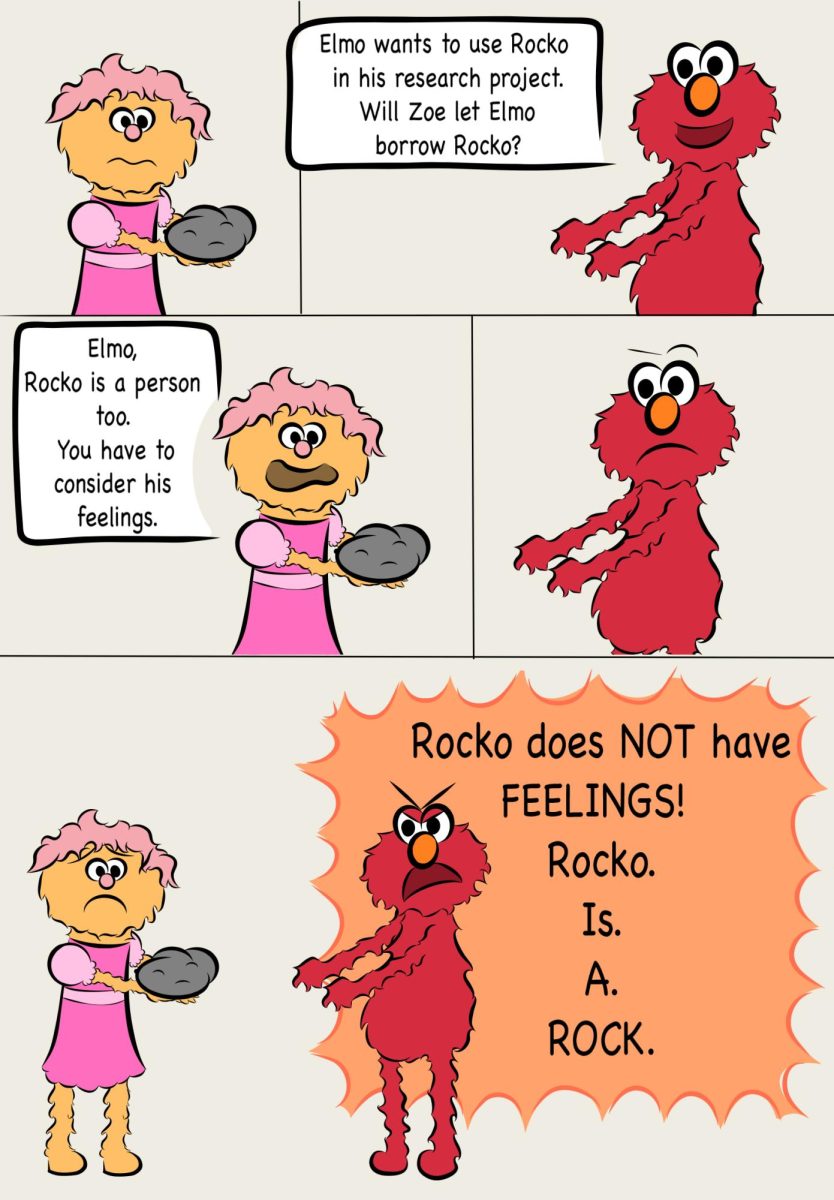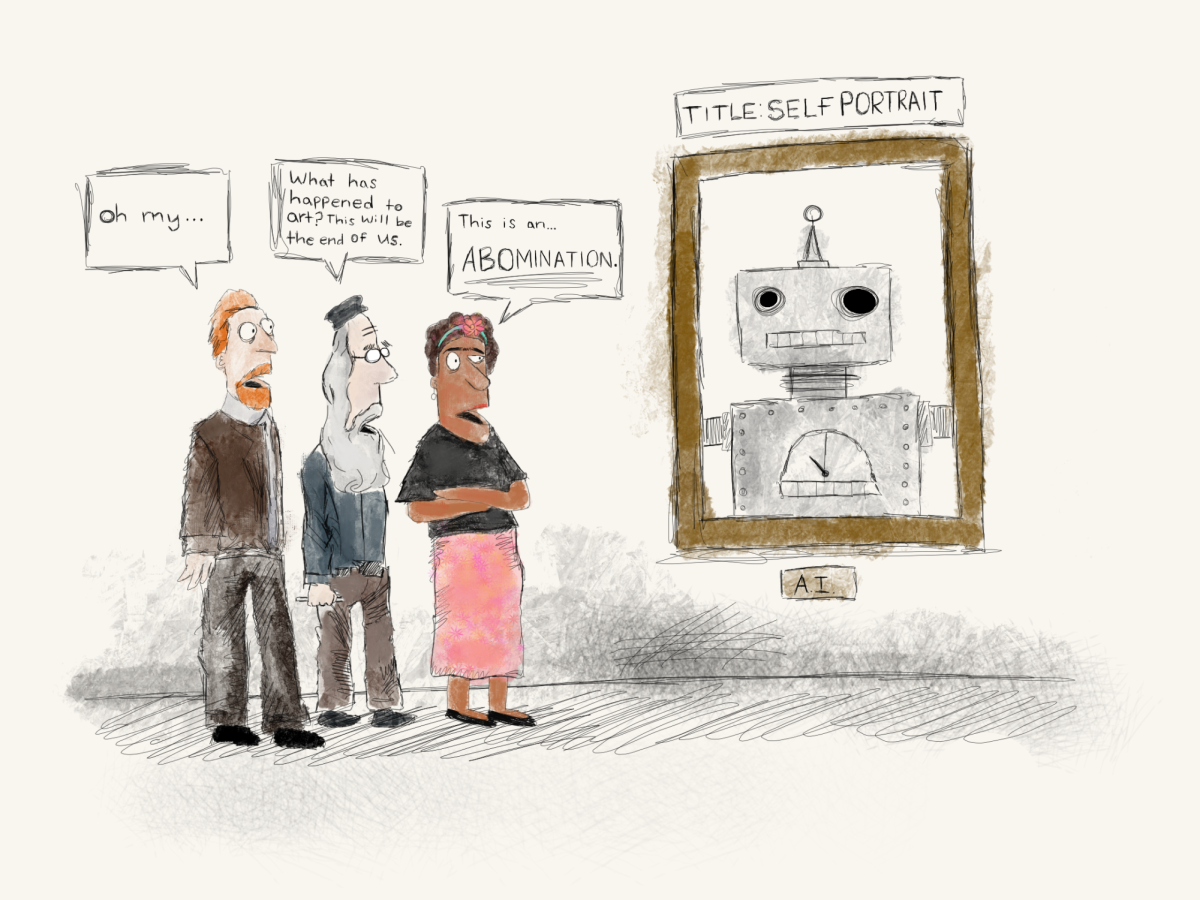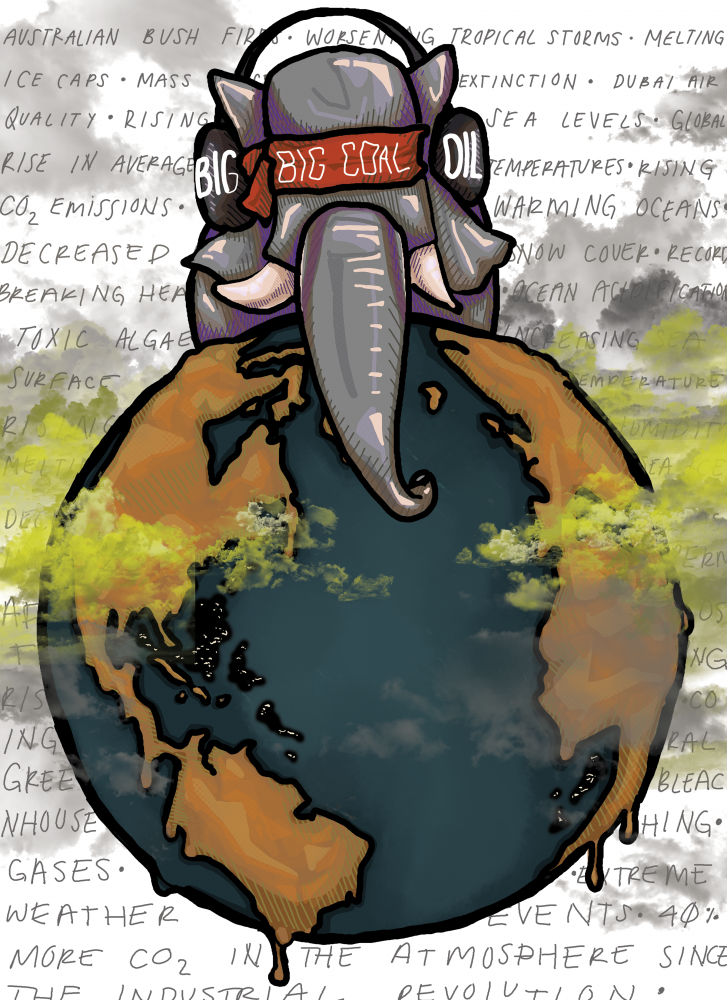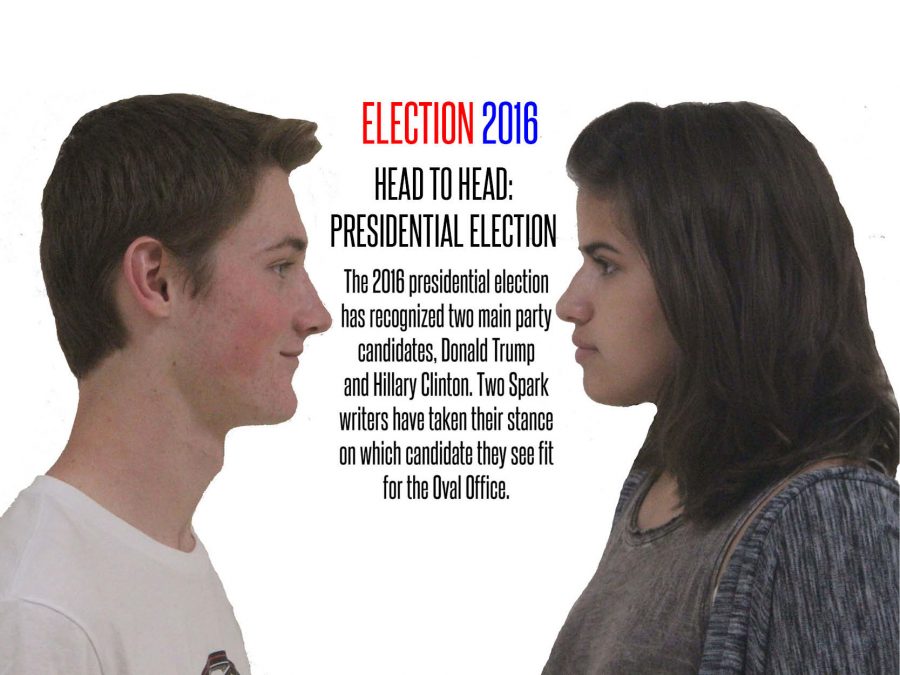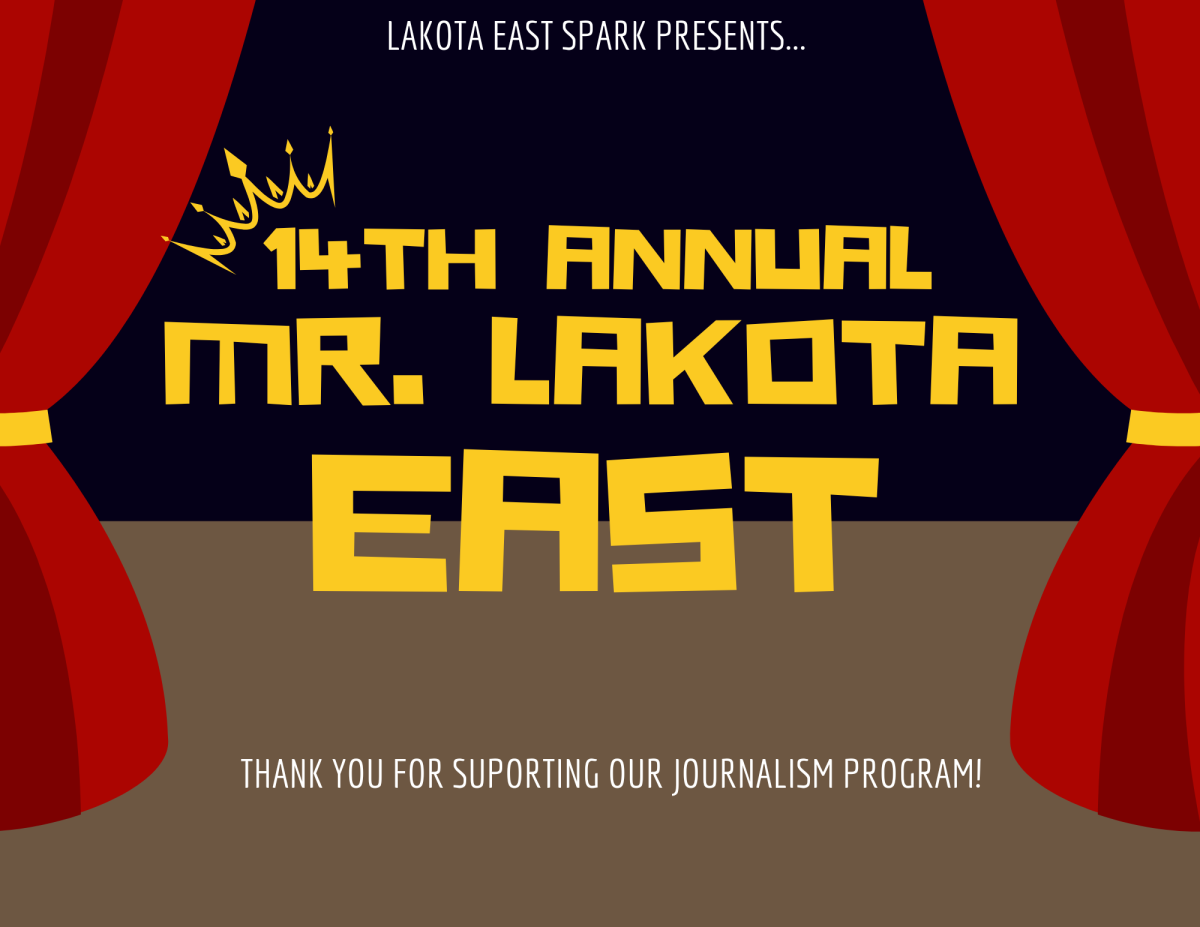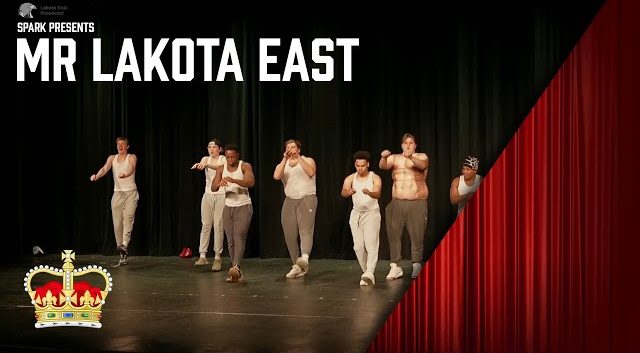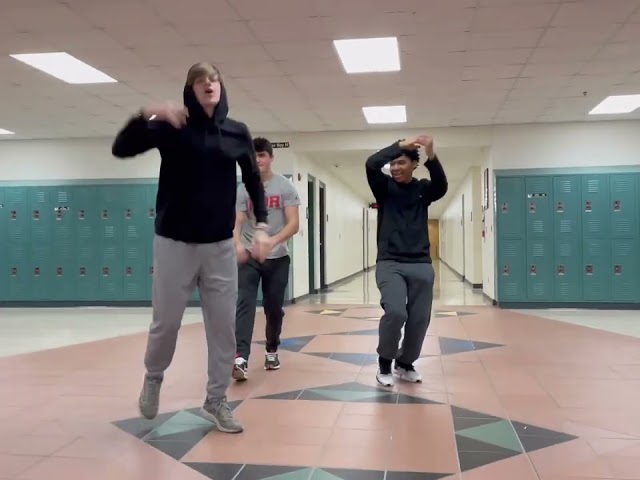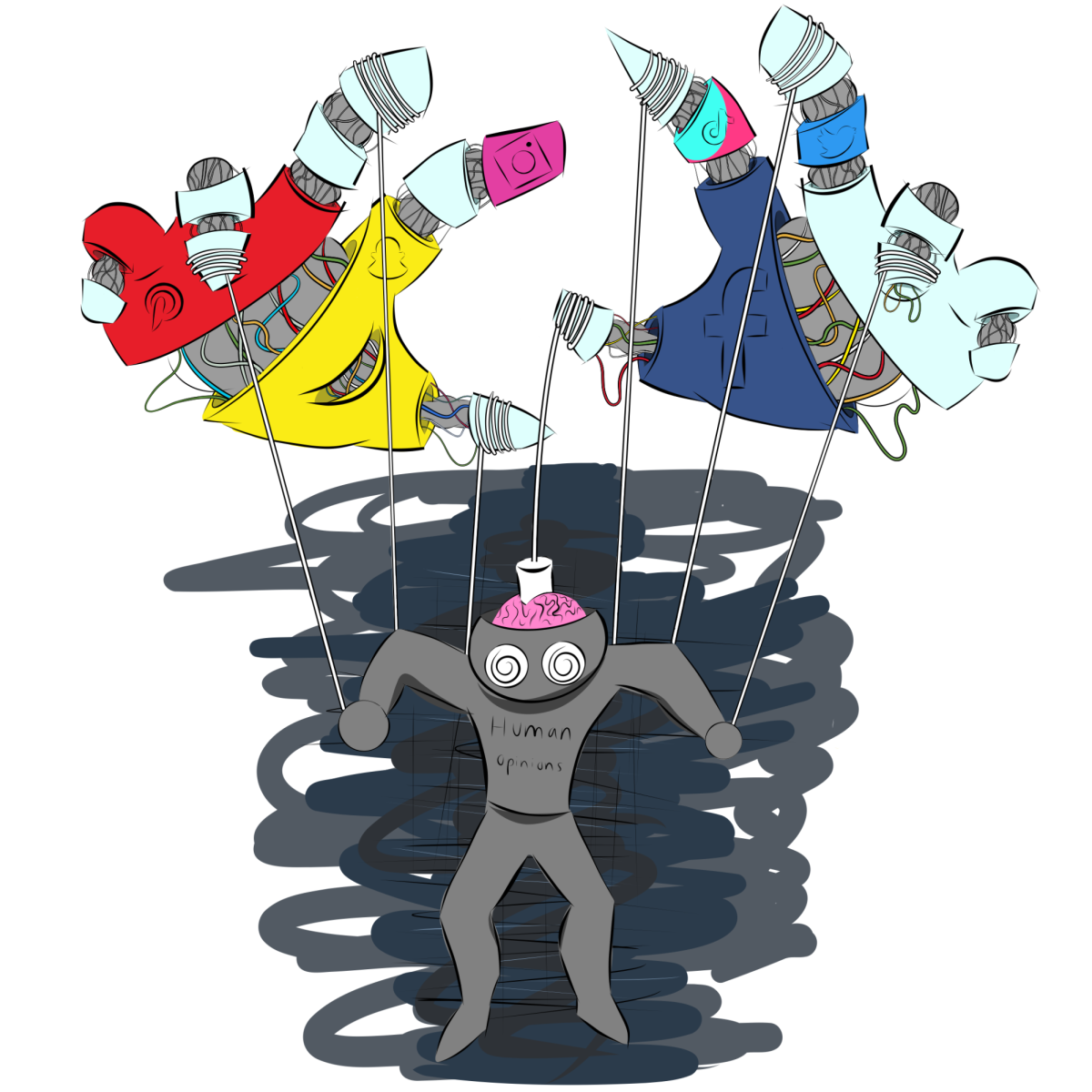COLUMN KYLE SMITH
PHOTOGRAPHY NOOR HAMIDULLAH
Teenage life is full of very few constants: drama, schoolwork, hormones, and Taylor Swift. So, when Swift announced that she was bringing her most recent show to Cincinnati, the consequences were intense.
The Eras Tour, which is taking place at the Paycor Stadium on June 30 and July 1, had extremely high demand. While this demand is certainly quantified by the whopping 3.5 billion system requests on Ticketmaster’s website when the presale began, it was perhaps more apparent from the many audible groans and disappointingly few exclamations of success when asking a group about getting tickets. In fact, according to Ticketmaster’s website, 1.5 million of 3.5 million preregistered fans received presale codes, but many more flooded the website in last-ditch attempts to receive tickets.
With such gargantuan numbers of fans, it was expected that the website would be slow to keep up. However, the website wasn’t just slow; it crashed, causing the presale to be extended over several excruciating hours. At the end of the fiasco, millions of Swift fans were left tired, ticketless, and dejected. The horrors of this process are made worse by the fact that the digital systems weren’t just expected to be able to handle the large demand; Ticketmaster promised that they could.
In a statement to her fans through her Instagram story, Swift wrote, “It’s truly amazing that 2.4 million people got tickets, but it really pisses me off that a lot of them feel like they went through several bear attacks to get them.” Touching on Ticketmaster’s established responsibility to handle the high influx of buyers, Swift added, “I’m not going to make excuses for anyone because we asked them, multiple times, if they could handle this demand and we were assured they could.”
Not only did Ticketmaster fail to keep true to its word regarding the capability of its systems, but it also charged remarkably high prices as well. The originally listed prices for the tour were between $49 and $449, according to Forbes, but many fans reported seeing prices far greater than they anticipated. This shock was due to Ticketmaster’s inequitable dynamic pricing model, a strategy that has been implemented in various other tours such as those of Bruce Springsteen and Harry Styles. Under dynamic pricing, the cost of tickets throughout the entire arena rises as the remaining supply decreases. As a result, consumers can expect to pay wildly varying prices for tickets in the same venue section.
While dynamic pricing is devastating to fans, particularly those with less available funds such as teenagers, added fees imposed by Ticketmaster can make already expensive tickets flat-out unattainable. According to the Ticketmaster website, consumers can expect to be charged a service fee, order processing fee, delivery fee, facility charge, and, of course, taxes. All of these extra fees are downright exploitative and inhibit a considerable base of devoted fans from seeing their idols.
Despite the corrupt nature of this pricing and fees, artists and consumers are unable to switch to alternative vendors. The answer to this quandary lies in the monopolistic control that Ticketmaster exercises over the live show industry. In 2010, Ticketmaster merged with Live Nation, the world’s largest concert promotion company, according to the New York Times. The result of this merger was an economic behemoth of a company. In fact, according to Florian Ederer, the Associate Professor of Economics at Yale University, Ticketmaster currently controls more than 70% of the market for ticketing and live events, decisively rendering it as the market leader. As such, both artists and consumers have few alternatives to turn to and Ticketmaster has no incentive to limit its pricing and fees. This proves especially true in Swift’s case given that the Eras tour is one of the most widespread and influential shows ever.
With the economic predicament set aside, the sheer disappointment of millions of “Swifties” across the nation is heartbreaking, to say the least. It was clear from the moment the tour was announced that not all fans would score tickets due to the high demand, but the complications brought forth by Ticketmaster’s corrupt practices only add gasoline to an angry adolescent fire. To prevent such an explosion in the future, it is clear that the power of Ticketmaster must be diminished in some way, whether by breaking up the monopoly, preventing dynamic pricing, eliminating arbitrarily added fees, or a combination of methods.
As the Department of Justice investigates the merger, the root of the issue comes down to priorities. Greedy monopolies such as Ticketmaster prioritize money over fairness and the feelings of the many young fans across the nation. It can only be hoped that the next time Swift goes on tour, the same fans that are distraught today will have a fighting chance to listen to the inspirational woman that they have looked up to for years.




